In the past, I argued that the model of masculinity which requires men to protect and provide is outdated and defunct. I now think I was wrong. A better way to put this would be: what we should provide and protect from has changed. Moreover, it’s not just men who can or should be doing it.
Get ready for some hard data and hot graphs illustrating my point. Today, part 1: Protecting.
Imagine yourself as a great caveman warrior.
You trained your whole life to protect your tribe from sabretooth tigers and you’re damn good at it. Everybody knows that when one shows up, they just need to call on you and soon they have a tiger for dinner. They love you for it and you get all the food, comfort and adoration you could wish for.
Great.
Then, your tribe moves to a new land where there are no sabretooth tigers.
As you go around offering your expert tiger protection service, others just shrug and go tend to their sheep. When you offer a tiger for dinner, they look at you quizzically and say they’re quite happy with lamb instead.
They might still need a protector — just one who protects them from dangers which actually exist.
The saving we don’t need
It’s not just wild beasts men want to protect others from, of course. There are enemy tribes, Viking raiders, foreign invasions, natural disasters, street violence… Need to justify all those sexy muscles, right?
But the world has become a whole lot safer in recent centuries. There is nothing that shows that better than this graph:
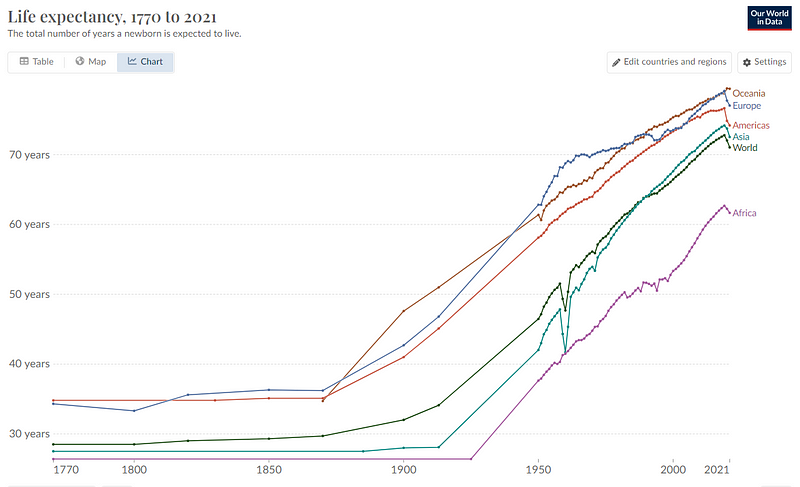
Naturally, a large part of the improvement in life expectancy is thanks to medicine and a reduction in child mortality.
But it’s also because life just isn’t quite so violent anymore. When did you last hear about a duel? Of the mafia disappearing people left right and centre? Even a bar brawl? Don’t take my word for it, here’s a graph that shows it:
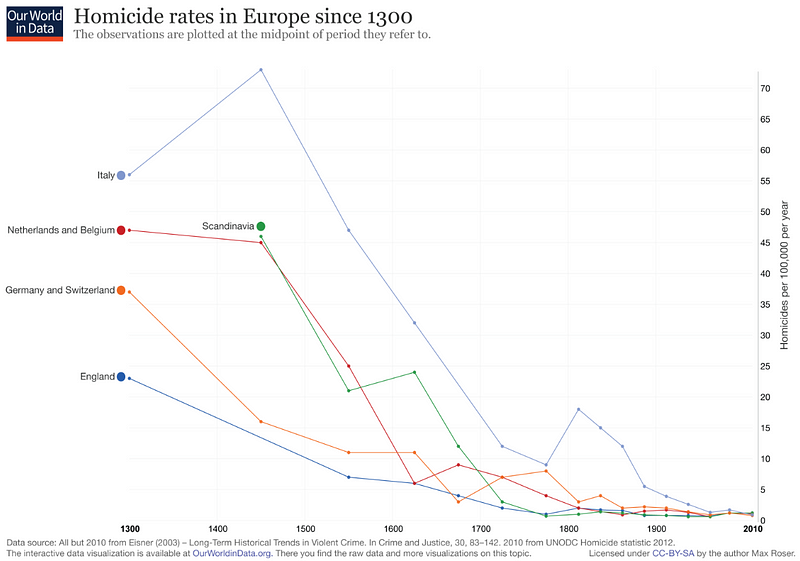
The chance you’ll get killed has dropped literally seventy-fold in some places. It’s just not the problem it used to be. And I know that focusing on deaths isn’t a perfect measure of what dangers people face and what protections they need — but it’s a pretty good litmus test.
This is amazing news! We have done a great job developing mechanisms that protect us. We have an effective police force which is better at it than an average person. Our economy, education and social support give people better opportunities and remove the need for violence.
It’s hard to quantify this exactly, but if you need more graphs, look at how much less deadly violence there is in societies which are organised in states:
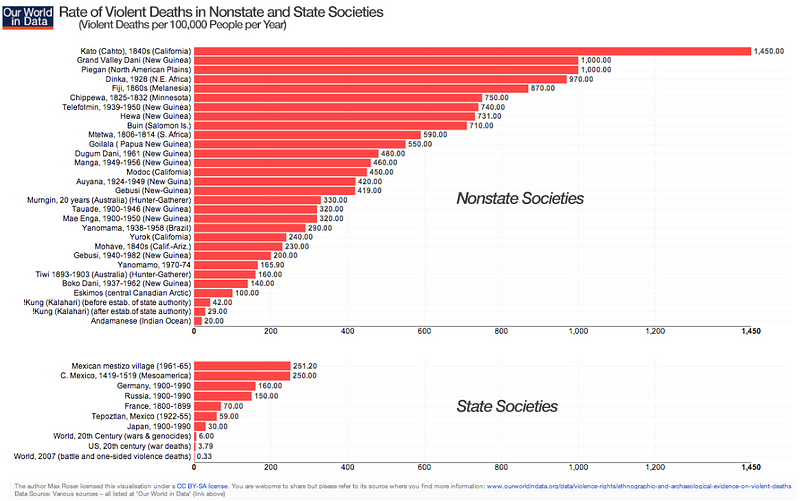
Just look at it! The average chance you’ll die a violent death is 0.00033% per year! That’s literally thousands of times less than most researched non-state societies. And that’s for the entire world including countries at war — how much better must it be in the peaceful Global North!
Those graphs is what success looks like. It’s the success of our ancestors who worked hard to create the safe world we live in. A world in which most of us do not face death and violence on a daily basis and thus don’t need an average person to protect us from them.
Death and violence
But what does actually kill people these days? What are the things we really need protection from?
Why, here are some stats for you:
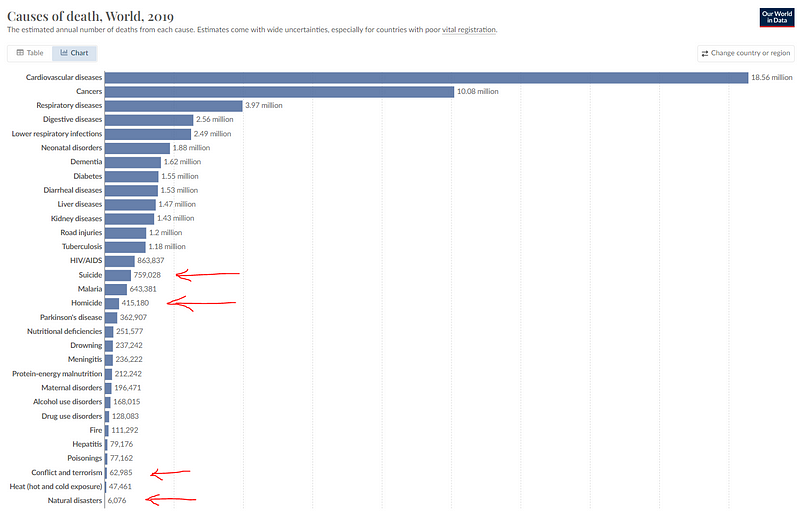
It seems that if you really want to do some hardcore protecting, you should train to be a doctor or a nurse. And sure, the top killers are really just deaths of old age. But not all of them, and you’re still four times more likely to die following a road accident than by homicide!
Meanwhile, if you’re hoping to protect people from terrorism and natural disasters, I have bad news — hardly any people die in those. You’re wasting your time.
Now, remember that this is data for the whole world. The Global North data is even more obvious. Look: in Europe the homicide bar is a third of the size while the numbers for natural disasters and terrorism are so tiny they don’t even have a bar (0.0007% — that’s how few).
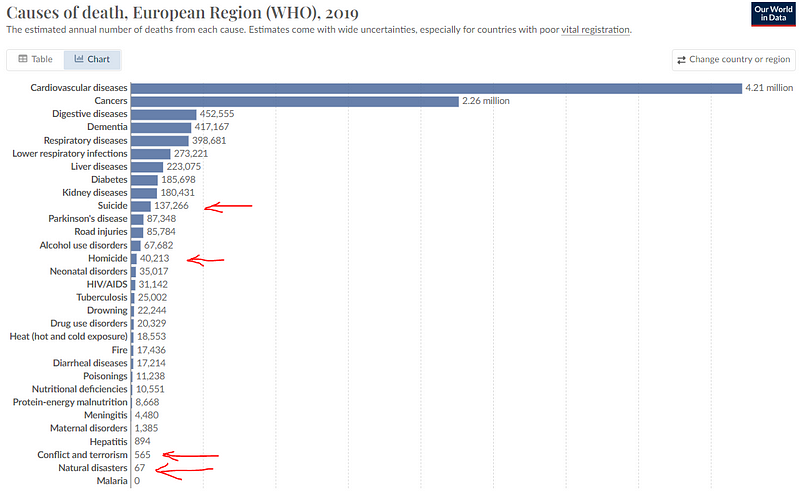
Look at the top red arrow though. If you want something to protect people from, then doing suicide prevention would be a good shout. In Europe, nearly 3.5x as many people die from suicide as from homicide.
The great majority of those deaths have a mental health background. Nearly 5% of Europeans suffer from anxiety disorders and 3.5% are depressed.
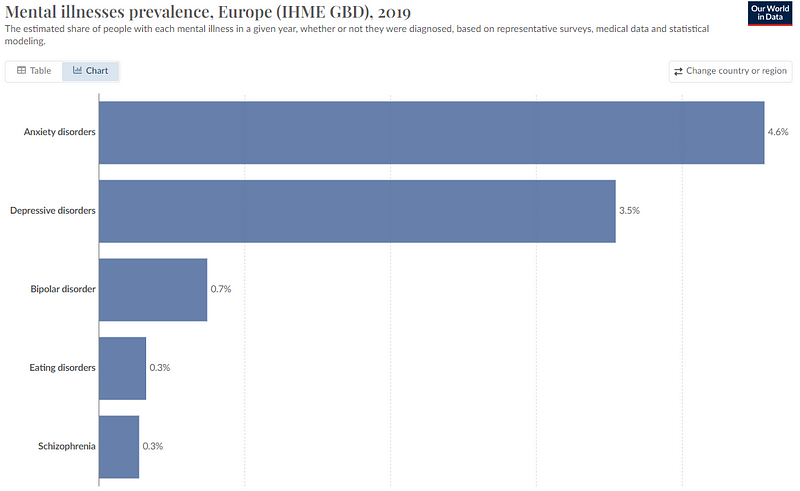
That’s millions of people who actually need some protection. They need someone to talk them through the hard times and protect them from themselves. They also need someone to protect them from whatever crap life has thrown at them to cause their problems.
There are other vulnerable people around, too. The poor and the homeless could certainly do with more guys wanting to protect them. A bit of providing wouldn’t go amiss either, I suppose.
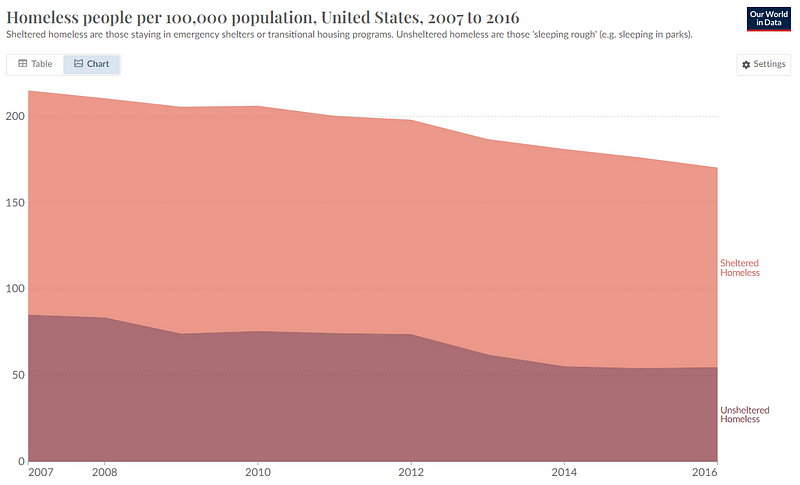
Protecting women
Now, if you want to be chivalrous and protect women specifically, you can certainly do that! As long as you stay mindful of the fact that this protecting business isn’t gendered — as in, women can also protect and men also need protection. With this in mind, let’s get some more stats out.
Most women who are victims of deadly violence, die at the hand of their (ex-)partner:
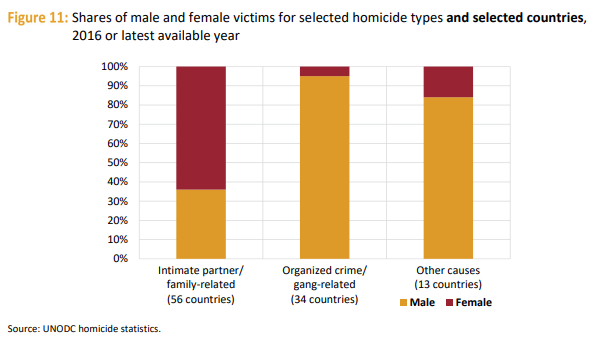
Thus, if you want to do some high-quality, effective protecting of women, you should mainly keep an eye out for any signs of abuse and tension within relationships and families. Does any guy you know mistreat his girlfriend? Can’t get over a breakup and keeps talking about punishing his ex? Does a woman you know sound scared?
To protect those women, check in with them and listen when they say they don’t feel safe. Actively discourage their partners from doing anything stupid.
It is also vital to actively listen to men and help them because violence doesn’t come from nowhere. Guys who could harm their partners are likely struggling with something: they feel ignored, frustrated, angry, and maybe it’s them who are abused by their female partners and need to get out.
In fact, I would say that the best way for modern men to protect women is to be good friends with other men. To listen to them when they are hurting and help them resolve problems before they get so bad it ends in violence. To help them when they need help and give them some tough love when they are wrong and unreasonable.
And the same would count as the best way to protect men or people of any gender, too. After all, most violence against them is perpetrated by men who likely also have some unresolved issues which could be de-escalated.
Sexual abuse
But, of course, death isn’t the only bad thing that happens. Sexual violence is a top concern and women experience it far more often than men. Just look at this graph:
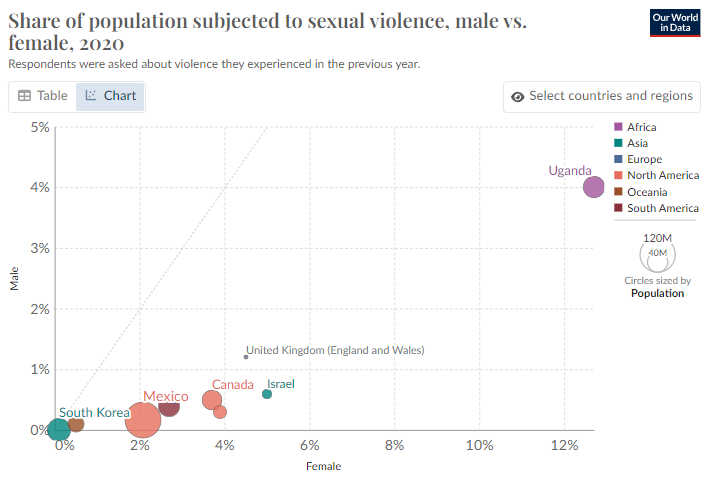
If you’re in the UK, one in twenty women has been subject to sexual violence within the last year. Compare that to the seven-in-a-million chance to die in a natural disaster! And that’s violence, not just any misconduct. That’s a lot of protecting that needs doing.
First, you can do the obvious — stop any sexual assault the moment you see it. But let’s be real. You won’t. 99% of the time it will happen behind closed doors and you’ll be elsewhere. Thus the best ways you can protect is by preventing and preparing (credit to SC for clarifying this thought in discussion).
You can prevent any guys who seem likely culprits from doing anything stupid. Call out any signs of sexual misconduct that fall short of violence but could lead to it. Prevent and punish groping and catcalling. Stop jokes and trash talk which present sexual assault as normal or even glorify it. Teach boys better. Create a culture in which sexual assault is so shameful and shunned that nobody would even think about doing it.
But realistically, you also need to prepare women for when, despite the best prevention, they are still in danger. Teach them to defend themselves. Teach young girls that it’s OK to say ‘no’ and to expect respect.
Finally, simply be good friends with other guys and check where they’re at. Sexual violence doesn’t come from nowhere either and maybe you can help resolve some issues before they escalate.
Given how vocal women are about being sick and tired on this front, your effective protection will not only make a massive difference — it will also win you the gratitude of those you protect.
Exploitation and inequality
You know how at some point the Hollywood supervillains turned from power-hungry Nazis into greedy corporations? Somehow, it feels completely natural, doesn’t it.
The world does need protection from greedy corporations. In 2021, Elon Musk taunted the UN to tell him how his fortune could eradicate world poverty. They did. One man donating 2% of his wealth would prevent 42 million people from starvation. We can solve those problems, we just choose not to.
You probably already know that the richest 1% bag nearly twice as much wealth as the rest of the world put together. But just look at this graph: how can it be that the inflation-adjusted minimum wage in modern US is lower than it was in the 40s?
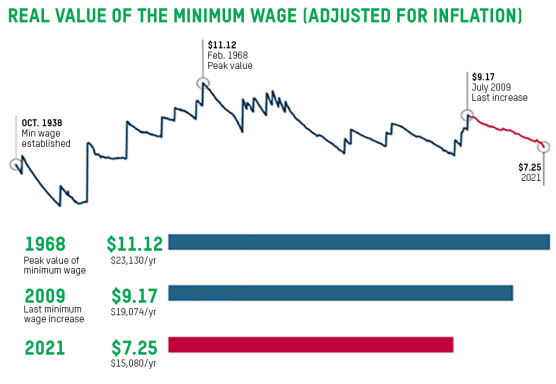
Where is all of this wealth that was meant to trickle down from the 1%? Why didn’t all the new technologies make us richer? Why do we continue to exploit the poor so bad?
The poor are in real need of your protection. They need fearless men to fight corporate greed and lobby for better working conditions, minimum wage increases, and legal protections.
But it’s not just them — we all need it. We need it because corporate greed is destroying this planet, undermining democracy and inciting war. And even if you don’t care about any of that, just tell me: how is buying your own house going? Are you enjoying having to pay double what your parents did?
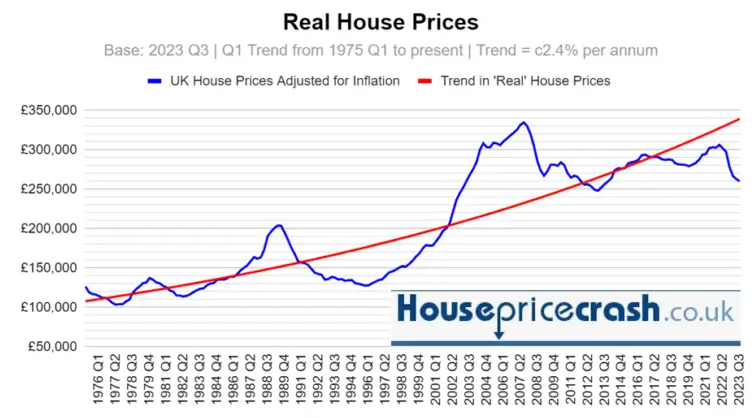
Those are the really serious problems of our time and there are real heroes out there who do incredible things to protect us. Just think of whistle-blowers such as Chris Wylie or Frances Haugen or activists such as Danny Glover or Bill McKibben. And then think some more of all the people who are out there, day in and day out, pushing for change, writing those laws, organising those charities. Glory to them!
But I can’t stop here without also mentioning illegal exploitation. Now, here are some people who could really do with quality protecting. Sweatshop workers, forced labourers, exploited migrants. And, as you can see on the graph below, in industrialised countries: sex workers.
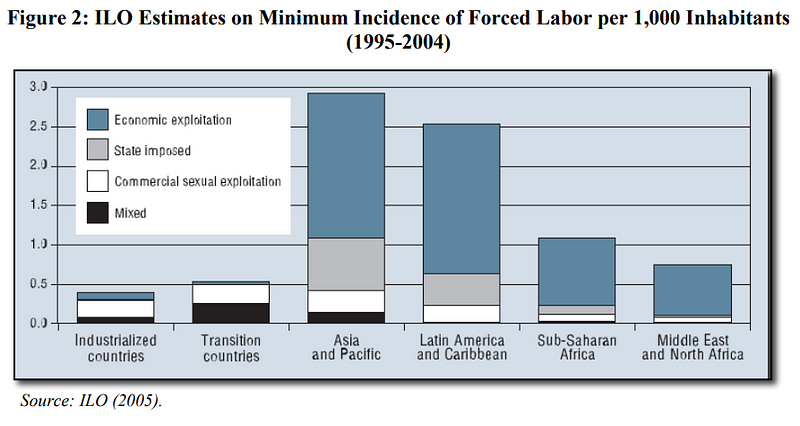
If you are up for some seriously hardcore protecting in some really dark contexts, your best bet is to actively fight against human trafficking. And you don’t need to go all SWAT team on the mafia. There are NGOs and charities out there you can get involved with. There are individual people you can help.
Just life
Death, rape and trafficking grab the headlines because they are some of our worst nightmares. But the truth is: most people need protecting from a whole ton of less serious but still shitty things that happen every day.
We get shouted at by the boss. We get ill. Someone unfairly rules against us. Someone we thought was a friend stabs us in the back. People don’t show up when we need them. We get passed for a promotion. Someone in our team is a complete douchebag. Someone abuses their power over us. We get harassed on the street. We have an accident. We want to do our best but due to a whole host of reasons we fail and everyone is annoyed with us.
The list never ends.
99.9% of the time when bad stuff happens, the protection we need doesn’t involve punching anyone in the face. It’s more about prevention and preparation.
It involves sitting down with someone who can really understand how we feel and working out a plan to make sure this doesn’t happen again.
Oftentimes we don’t even need a plan. We just need someone to help us regain our composure so we can deal with the problem ourselves. Someone who can empathise and make us feel heard. Someone to protect us from ourselves as we fall into despair or self-blame. Someone who can intelligently deal with emotions.
Women, in particular, really value that sort of protection, because they know how important it is to be on top of their emotions. Don’t take it from me — check out this great piece by Dandelions and Dragonflies:
And frankly, more men are now admitting that they also need this. Long overdue, if you asked me.
Being an effective protector
The world has changed a lot since our ancestors were protecting their tribes from sabretooth tigers. There were a zillion other things men protected their communities from since, but I can assure you of one thing: nobody ever wanted protection from dangers they no longer face.
We owe our ancestors a great deal for making the modern world so much safer. They fought hard and they won big time. But the job is far from complete and now it is our turn to make the world even better for future generations.
To do this effectively, we need to focus on protecting people from dangers which:
- Exist
- Are serious
- People can’t easily sort out themselves
If all men train their hardest to protect others from natural disasters, terrorism and street violence, all we will end up with is a whole lot of wasted potential. For all the chance you will ever use those skills, you might as well train at fighting sabretooth tigers.
Instead, we need capable men to protect others from poverty, stress, exploitation, sexual abuse, mental illness, and a whole load of everyday shittiness. We need men who will share their strength and inspire others. We need men who will call out offenders and catch problems before they turn really bad.
And we need men who will do all of this in a way that actually works.
The hot skills of a modern protector are not kickboxing and sword fighting. These are suited to protecting us from some 0.00001% of actual dangers we’re facing. They are effectively useless.
If this is what you want to do, go for it, just do not pretend it makes you a great protector. It’s a sport. A game. A show-off. But when it comes to protecting in ways that matter, it’s nearly useless.
Instead, the hot skills of a modern protector are:
- De-escalating conflicts before they turn to violence
- Healing infection and disease
- Educating people so they don’t need violence to get by and may be better equipped to protect themselves
- Fighting against exploitation through activism, lobbying, legal challenges, participation in NGOs and charities
- Protecting people from themselves by talking them through their depression, anxiety, or self-blame
- Preventing sexual abuse and standing up against even small-time sexism which could turn into abuse in the future
- Being a good friend to other men, listening to their problems and helping to resolve them without violence
- Being a good friend to everyone as they struggle with all that life throws at them; listening and helping them protect themselves
Yeah, I get it. None of this has the glamour of swooping in with a sword to kill the dragon and save the princess. It just doesn’t feel so good.
Well, tough shit.
I hear that facts don’t care about our feelings.
And the fact is that there are some ways of protecting that work and some that don’t. Some things we need protecting from, some we don’t.
Sure, you can play a game in which you ‘protect’ people from dangers that don’t exist in ways that don’t work. I mean, I’m not stopping you, it’s a fun game. But that’s all it is, so, you know, don’t expect anyone to be grateful.
But if outside of having fun you might want to do some effective protecting of real people from real dangers in ways that really work, if you want to take up our ancestors’ mission to make the world safe, then I strongly suggest you put down your sword and start picking from the list above.
EDIT: An interesting thing you’ll notice about my list is that all points can be done perfectly well without any use of a penis. In other words, it’s not just men who can do quality protecting. Suggesting otherwise might lead one to see pointless gender divisions and pretend women are poor damsels in distress who can’t protect themselves. That is obviously not true and it’s not what I am suggesting here. This text is directed at men, so it focuses on their role, but it is important to remember that #NotOnlyMen can and should do protecting.






